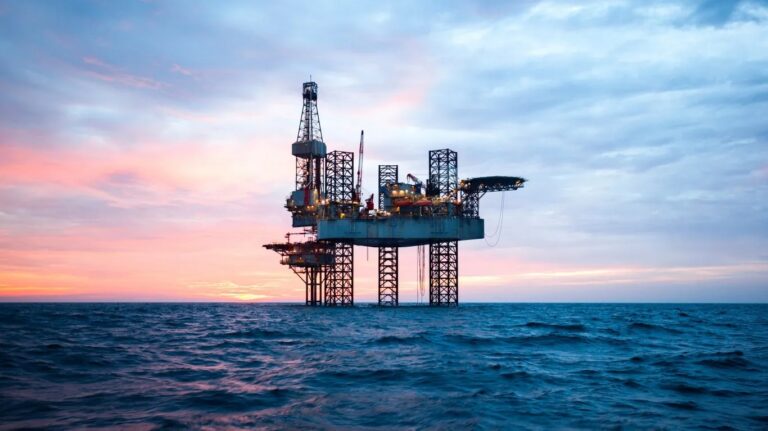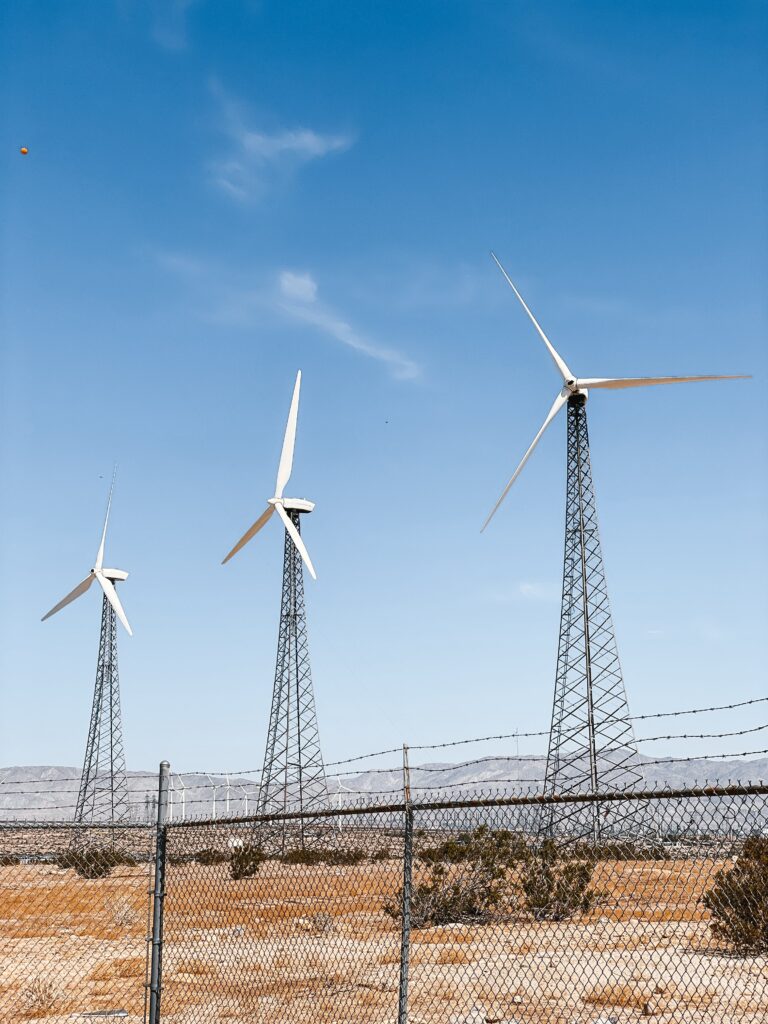You May Never Pay A lot For Gas Again

Gas prices are affected by several factors. Crude prices are always at the top of the list. Crude oil may be in abundance for years or perhaps decades. And the price spikes caused by either OPEC or geopolitical anxiety have less effect because of increased US production.
An answer? Will COP28 Pledges Be Kept
This year, two events have influenced what Americans pay for gas:
- Gas prices have been decreasing for months. A gallon of regular gas nationwide dropped below $3.00 for the first time since 2020.
- At the same time, US oil production hit an all-time high recently, according to Semafor, as the number reached 13.2 million barrels a day.
American oil production may rise another half a million barrels a day next year, according to S&P Commodities Insights. OPEC+ will cut about 2.2 million barrels a day at about the same time. However, these cartel cuts are voluntary, meaning some member nations may act independently based on their economics. The growth in US production has overcome any concern about OPEC+. Crude oil prices have dropped from $77 to $72 in the last month. In late September, crude traded above $90.
Renewables have started to dent the need for fossil fuels, which, when wedded to rising production, makes crude price increases even less likely.
If COP28 promises are kept, the move away from fossil fuels will accelerate. According to the IEA, the demand for these will drop at the end of the decade. Oil companies will continue to resist the demand shift away from crude, as will oil-producing nations, but the tide is against them.
A new and very significant oil supply has come online, and if this is sustained, it will also affect the price of oil. Venezuela, a rogue nation politically, has the world’s largest proven oil reserves. Sanctions and lack of money for production infrastructure have damaged its ability to be a major exporter. An uneasy deal with the US over sanctions could change this. Multinational oil companies are already in the country, which they see as a major new source of profits.
Additionally, fracking in the US has made an unexpected comeback.
Individual events have been the reason for oil and gas price spikes. The largest in the last seven decades were the oil embargo of the early 1970s, political upheaval in Iran in the late 1970s, in 2008 due to problems in Venezuela and Nigeria, and most recently because Russia invaded Ukraine. The Ukraine case supports the fact that oil is not likely to spike again for any length of time. The jump in oil prices above $100 after the start of the invasion lasted only a matter of days.
Trouble in the Middle East has not recently caused a sharp rise in oil prices. Rising US production has helped create a cap. The days of high gas prices are over.
Sponsor
Find a Vetted Financial Advisor
- Finding a fiduciary financial advisor doesn't have to be hard. SmartAsset's free tool matches you with up to 3 financial advisors that serve your area in 5 minutes.
- Each advisor has been vetted by SmartAsset and is held to a fiduciary standard to act in your best interests. Get on the path toward achieving your financial goals!






